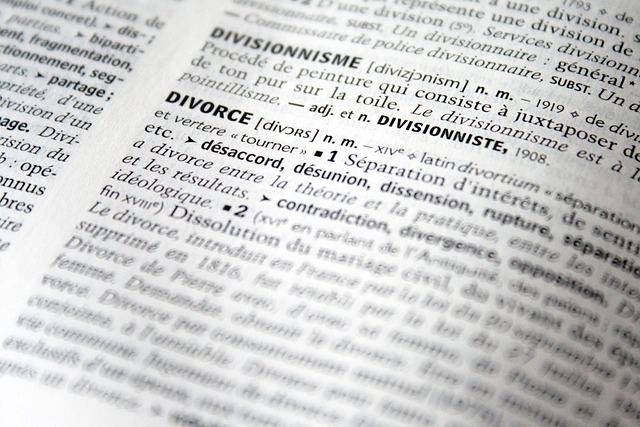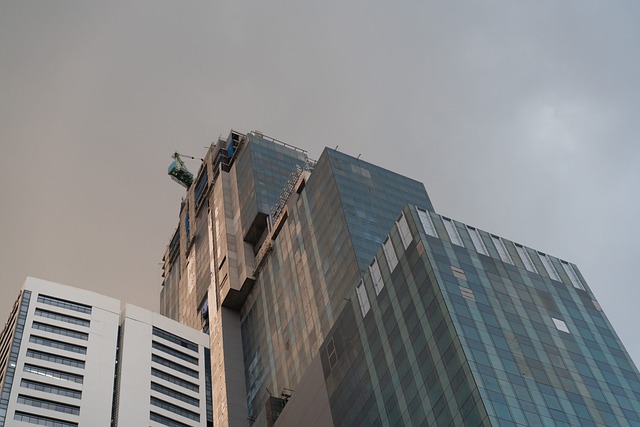In Oregon, both landlords and tenants have distinct responsibilities regarding mold. Landlords must maintain safe conditions, conduct regular inspections, and promptly remediate mold hazards, while tenants are required to report any mold growth immediately. Compliance fosters healthy living spaces, reduces health risks, and ensures legal adherence. Effective communication is vital for addressing mold concerns, with landlords responsible for remediation and tenants obligated to notify and document issues promptly.
In Oregon, understanding housing laws surrounding mold problems is crucial for both landlords and tenants. This comprehensive guide delves into the legal obligations and rights related to mold, focusing on landlord responsibilities for prevention and remediation. We explore tenant protections, the consequences of ignoring mold issues, and effective communication strategies between landlords and tenants. By grasping these key aspects, residents can navigate mold concerns with confidence, ensuring a safe and healthy living environment.
- Understanding Oregon's Housing Laws Regarding Mold
- Landlord Responsibilities for Mold Prevention and Remediation
- Tenant Rights When Dealing with Mold Issues in Oregon
- The Legal Ramifications of Failing to Address Mold Problems
- Effective Communication: Navigating Mold Concerns Between Landlords and Tenants
Understanding Oregon's Housing Laws Regarding Mold

Oregon has specific housing laws in place to address mold issues, which are crucial for both tenants and landlords alike. When it comes to mold, understanding the responsibilities outlined by these laws is essential for all parties involved. Landlords have a legal obligation to maintain safe living conditions and ensure their properties are free from hazardous levels of mold. This includes regular inspections and prompt remediation when mold is discovered.
Tenants also play a vital role in this process by promptly reporting any signs of mold growth and allowing landlords access to the affected areas for necessary repairs and cleaning. By adhering to these housing laws, both landlords and tenants can work together to create a healthy living environment, minimizing potential health risks associated with mold and ensuring compliance with Oregon’s regulations.
Landlord Responsibilities for Mold Prevention and Remediation

In Oregon, landlords have a legal responsibility to maintain safe and habitable living conditions for their tenants. This includes taking proactive measures to prevent and address mold issues, as mold growth can pose significant health risks. Landlords must conduct regular inspections of rental properties to identify potential mold problems and take immediate action to rectify any issues found. They are also required to ensure proper ventilation and humidity control in buildings to inhibit mold growth.
When a tenant reports mold or a landlord discovers mold during an inspection, the property owner is responsible for remediating the problem promptly. This process involves containing the affected area, removing contaminated materials, and properly disposing of them according to Oregon’s environmental guidelines. Landlords must also ensure that the remediation work is performed by qualified professionals who follow industry standards to prevent further damage or health risks.
Tenant Rights When Dealing with Mold Issues in Oregon

In Oregon, tenants have specific rights and protections when dealing with mold issues in their rental properties. According to state laws, landlords are responsible for maintaining safe and habitable living conditions. This includes addressing any mold problems promptly upon notification by the tenant. Landlords must conduct routine inspections to identify and mitigate mold growth, especially in areas prone to moisture accumulation like bathrooms and kitchens.
If a tenant discovers mold, they should immediately notify their landlord in writing. The Oregon Residential Landlord-Tenant Act requires landlords to take corrective actions within a reasonable timeframe. Tenants have the right to refuse to inhabit a unit if the mold issue is severe or not addressed adequately. In such cases, tenants can seek legal remedies, including repairs, compensation for relocation costs, and even termination of the lease with penalties for the landlord.
The Legal Ramifications of Failing to Address Mold Problems

Failing to address mold problems in Oregon can have significant legal ramifications, particularly for landlords. In accordance with state laws, landlords are responsible for maintaining safe and habitable living conditions for their tenants. If mold issues arise, it’s crucial that landlords promptly inspect, assess, and take necessary actions to mitigate the problem. Neglecting these responsibilities can lead to a range of consequences, including legal disputes and financial liabilities.
Tenants have rights when it comes to mold, and violating these rights can expose landlords to potential lawsuits for negligence or breach of lease agreement. Moreover, if the mold problem escalates due to inaction, it could result in health complications for tenants, further complicating matters legally and financially. Therefore, timely and effective mold remediation is not just a matter of property maintenance; it’s also a critical aspect of adhering to Oregon’s housing laws and protecting oneself from legal repercussions.
Effective Communication: Navigating Mold Concerns Between Landlords and Tenants

Effective communication is key when addressing mold concerns between landlords and tenants in Oregon. Landlords have a responsibility to ensure their rental properties are safe and habitable, including promptly addressing any mold issues that arise. This involves openly communicating with tenants about potential risks, taking necessary steps for remediation, and providing clear updates on progress.
Tenants also play an important role by immediately notifying their landlords of any observed mold or water damage. They should document evidence through photos and maintain open lines of communication throughout the resolution process. By fostering a collaborative environment with transparent information sharing, landlords and tenants can effectively navigate mold concerns, ensuring the health and safety of all occupants while adhering to Oregon’s housing laws.






